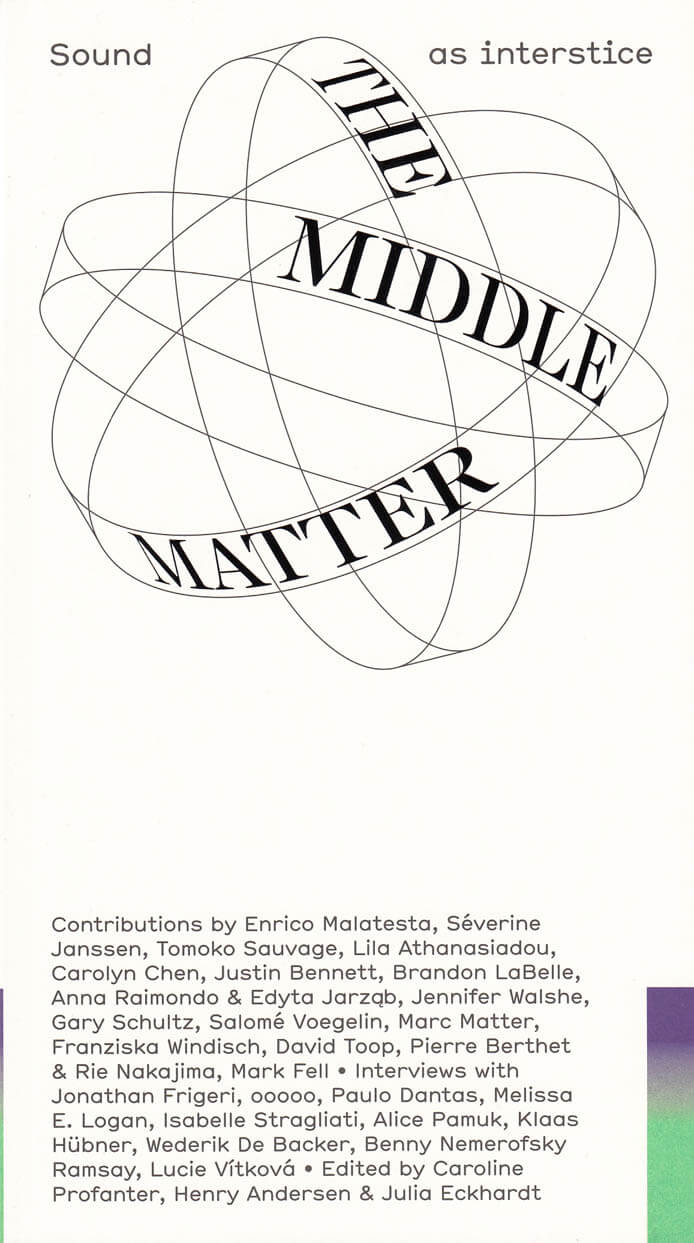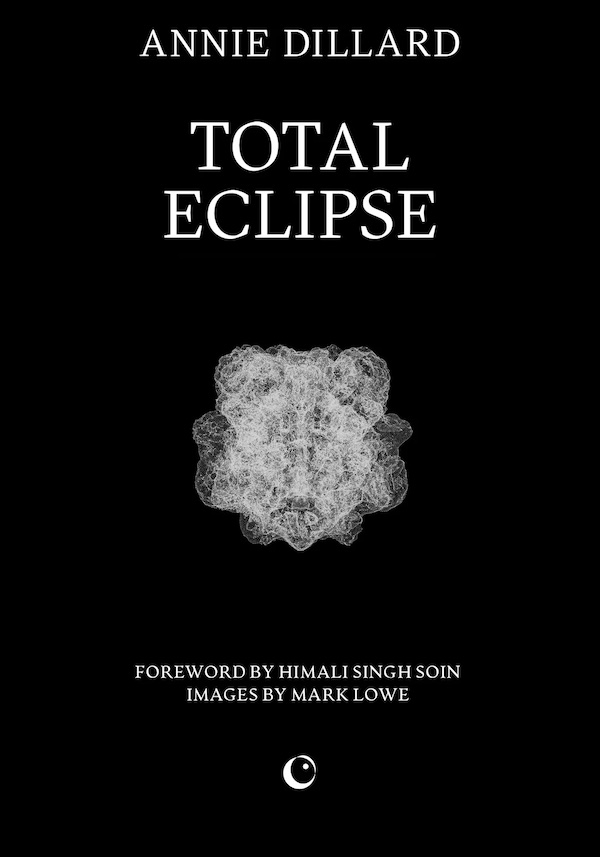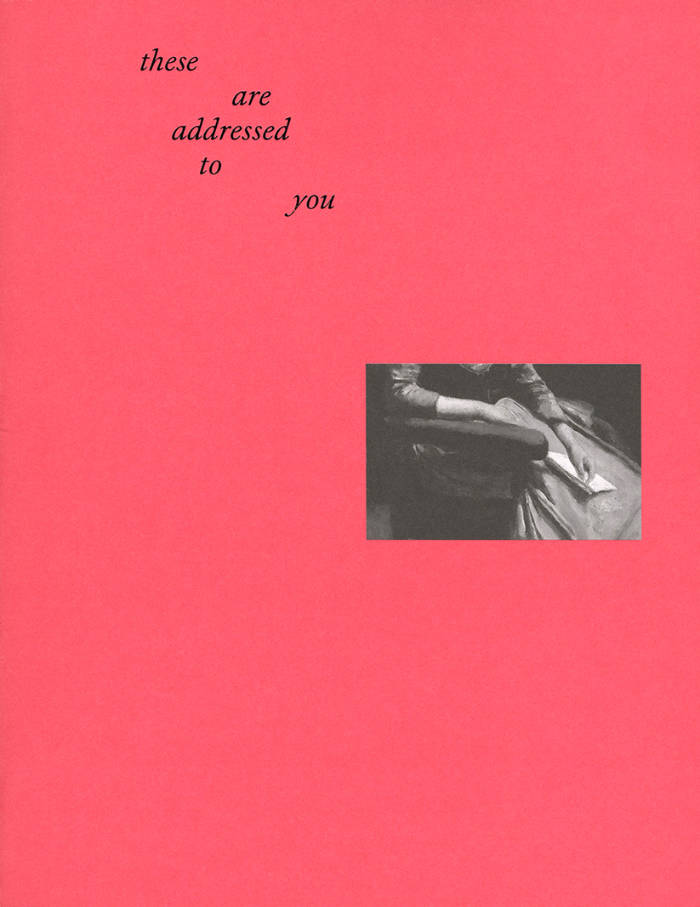
The Middle Matter – Sound as interstice
Caroline Profanter ed., Henry Andersen ed., Julia Eckhardt ed.
This reader brings together artistic and theoretical contributions on the instertitial nature of sound. This issue is addressed through a variety of prisms, such as format, language, politics, or new technologies.
The Middle Matter is a reader which brings together thoughts on the nature of sound; its substance, specific qualities, and potential—with a specific curiosity to its propensity to occupy the spaces in-between, the instertitial gaps between different spaces, times, cultures, and world views, between the interior body and the exterior space.
Through a number of artistic and theoretical contributions, observations are made around the notion of “audience” and the attendant questions of format, on the effects of old and new technologies, of communal working processes, and the complexity of language, the contributors reveal sound to be a material particularly apt at negotiating these zones of and between contact.
It is a large field of in-betweenness, sound travels, hops borders, passes through walls, its messages for a large part being transported involuntarily and even unconsciously. In this sense sound is extensively participative, entangled in the complicated gaps between bodies, minds and objects through and against which it resonates.
Language: English







